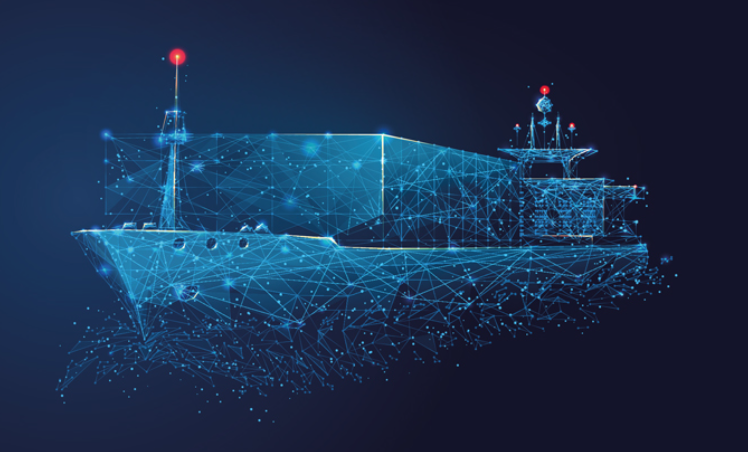
ABSTRACT: The reason is the attempt to understand how this rapidly changing technological world affects these maritime professionals. According to the system of Preferred Reporting Items for Systematic Reviews and Meta−Analyses (PRISMA), a systematic review was performed. The review of literature aimed at analysing a comprehensive spectrum from academic publications to industry reports and white papers in order. The Smart Shipping case studies were studied to provide practical knowledge on the integration of IoT and AI in maritime operations. The resulting analysis was a diverse and changing technological environment including blockchain, AI, IoT, autonomous vessels as well as those innovations that are driven by sustainability. The use of blockchain applications allows for achieving increased transparency, while AI-based developments bring improvements in navigation, logistics and maintenance. The introduction of IoT allows industries to transform via the collection of data in real-time. Autonomous vessels offer both challenges and opportunities designed to impact seafaring jobs. Sustainability innovations aim at clean energies and more ecological applications. Smart Shipping case studies demonstrated various positive outcomes on the deployment of IoT and AI applications that are realized in terms of operational efficiency gains up to issues with workforce adaptation.
Keywords: Evolving technologies, maritime technology, Smart Shipping, IoT, AI, blockchain, autonomous vessels, sustainability in shipping, future workforce impact.
